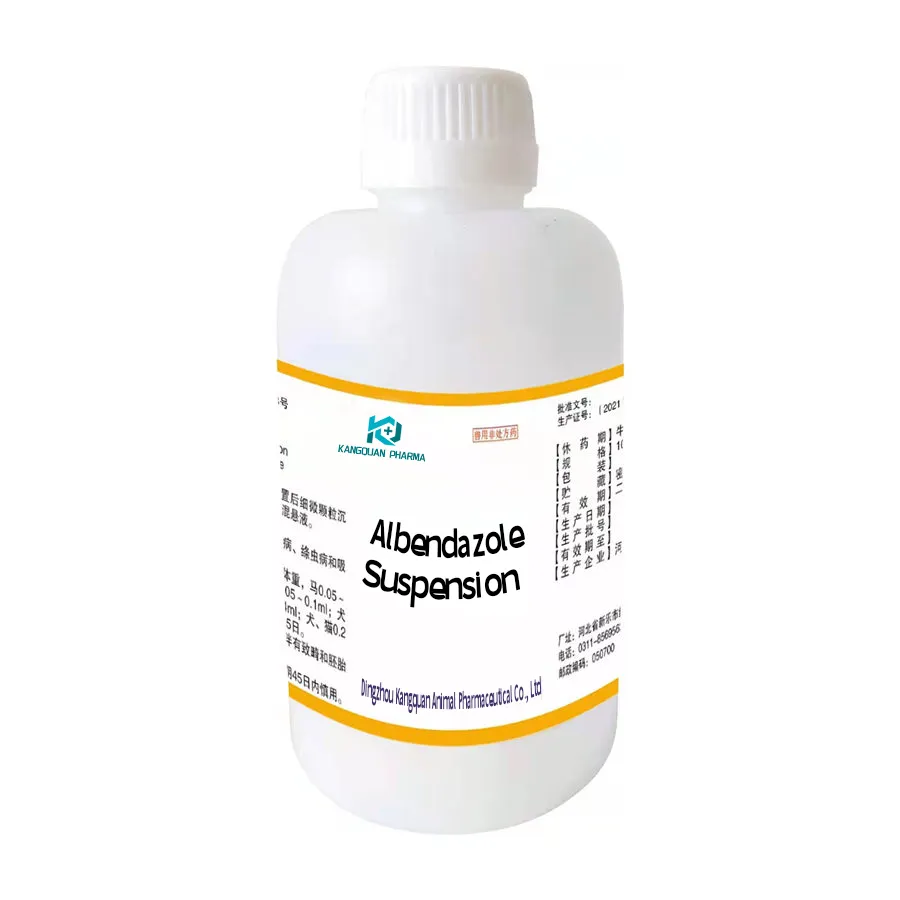- Afrikaans
- Albanian
- Amharic
- Arabic
- Armenian
- Azerbaijani
- Basque
- Belarusian
- Bengali
- Bosnian
- Bulgarian
- Catalan
- Cebuano
- Corsican
- Croatian
- Czech
- Danish
- Dutch
- English
- Esperanto
- Estonian
- Finnish
- French
- Frisian
- Galician
- Georgian
- German
- Greek
- Gujarati
- Haitian Creole
- hausa
- hawaiian
- Hebrew
- Hindi
- Miao
- Hungarian
- Icelandic
- igbo
- Indonesian
- irish
- Italian
- Japanese
- Javanese
- Kannada
- kazakh
- Khmer
- Rwandese
- Korean
- Kurdish
- Kyrgyz
- Lao
- Latin
- Latvian
- Lithuanian
- Luxembourgish
- Macedonian
- Malgashi
- Malay
- Malayalam
- Maltese
- Maori
- Marathi
- Mongolian
- Myanmar
- Nepali
- Norwegian
- Norwegian
- Occitan
- Pashto
- Persian
- Polish
- Portuguese
- Punjabi
- Romanian
- Russian
- Samoan
- Scottish Gaelic
- Serbian
- Sesotho
- Shona
- Sindhi
- Sinhala
- Slovak
- Slovenian
- Somali
- Spanish
- Sundanese
- Swahili
- Swedish
- Tagalog
- Tajik
- Tamil
- Tatar
- Telugu
- Thai
- Turkish
- Turkmen
- Ukrainian
- Urdu
- Uighur
- Uzbek
- Vietnamese
- Welsh
- Bantu
- Yiddish
- Yoruba
- Zulu
10 月 . 12, 2024 10:09 Back to list
side effects of doxycycline hyclate in dogs
Side Effects of Doxycycline Hyclate in Dogs
Doxycycline hyclate is a widely used antibiotic in veterinary medicine, particularly for treating various infections in dogs. It belongs to the tetracycline class of antibiotics and is effective against a range of bacterial infections, including those caused by certain parasites, making it a common choice for veterinarians. However, like all medications, doxycycline hyclate can have side effects that dog owners should be aware of to ensure their pet's health and well-being.
Common Side Effects
1. Gastrointestinal Upset One of the most frequently reported side effects of doxycycline in dogs is gastrointestinal discomfort. Dogs may experience nausea, vomiting, diarrhea, or a loss of appetite. This occurrence is often due to the irritation of the gastrointestinal tract caused by the medication. To minimize these effects, vets may recommend administering the drug with food.
2. Esophageal Irritation Doxycycline can cause irritation of the esophagus, especially if the tablet or capsule is not swallowed properly. This can lead to more serious conditions, such as esophagitis, which is inflammation of the esophagus. It is essential to ensure that dogs do not lie down immediately after taking doxycycline to help prevent this complication.
3. Sun Sensitivity Doxycycline may increase a dog’s sensitivity to sunlight, a condition known as photosensitivity. Affected dogs might develop rashes or burns on areas of the skin that have been exposed to sunlight. For this reason, it is advisable to limit exposure to direct sunlight during the treatment period and to use protective measures such as sunblock formulated for pets.
4. Allergic Reactions Although rare, some dogs may experience allergic reactions to doxycycline hyclate. Symptoms can include itching, swelling, hives, or difficulty breathing. If a dog shows signs of an allergic reaction after taking doxycycline, it is imperative to seek veterinary care immediately.
side effects of doxycycline hyclate in dogs

5. Changes in Bone and Teeth Tetracycline antibiotics, including doxycycline, can affect bone growth and the development of teeth in young dogs. If administered to puppies or pregnant/nursing dogs, there exists a risk of discoloration of teeth and disruption of bone development. Thus, it is generally recommended to avoid using doxycycline in these sensitive populations unless the benefits outweigh the risks.
6. Potential Liver and Kidney Effects In rare cases, doxycycline can affect liver and kidney functions. Symptoms that could indicate an issue include increased thirst, frequent urination, jaundice (yellowing of the gums and skin), and lethargy. Regular monitoring through blood tests may be warranted for dogs on prolonged doxycycline therapy, especially if they have pre-existing liver or kidney conditions.
Important Considerations
Always follow your veterinarian's advice and prescribed dosages when administering doxycycline to dogs. It is important to complete the entire course of the antibiotic even if symptoms improve before the medication is finished. Discontinuing the medication prematurely can lead to the development of antibiotic-resistant bacteria.
Additionally, inform your veterinarian about any other medications your dog is currently taking, as doxycycline can interact with certain drugs, such as antacids, which can reduce its absorption and effectiveness.
Conclusion
While doxycycline hyclate is a valuable tool in treating infections in dogs, pet owners must remain vigilant about the potential side effects. By being aware of the common issues and communicating effectively with their veterinarians, dog owners can help ensure that their pets receive the best possible care during treatment. If you notice any side effects or have concerns while your dog is on doxycycline hyclate, don't hesitate to consult your veterinarian for advice and assistance. Remember, the health and comfort of your furry friend depend on your proactive involvement in their medical care.
-
The Power of Radix Isatidis Extract for Your Health and Wellness
NewsOct.29,2024
-
Neomycin Sulfate Soluble Powder: A Versatile Solution for Pet Health
NewsOct.29,2024
-
Lincomycin Hydrochloride Soluble Powder – The Essential Solution
NewsOct.29,2024
-
Garamycin Gentamicin Sulfate for Effective Infection Control
NewsOct.29,2024
-
Doxycycline Hyclate Soluble Powder: Your Antibiotic Needs
NewsOct.29,2024
-
Tilmicosin Premix: The Ultimate Solution for Poultry Health
NewsOct.29,2024













